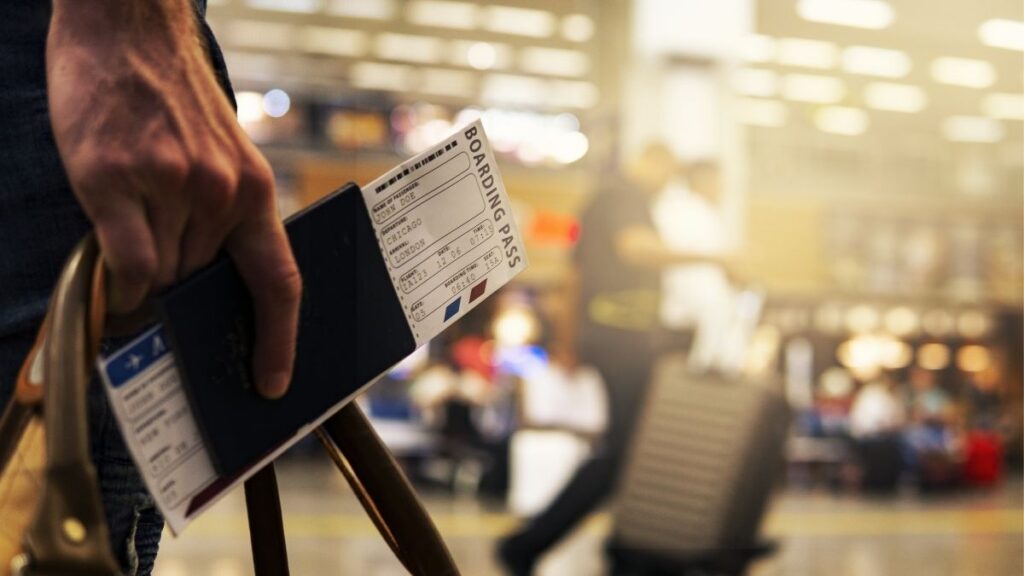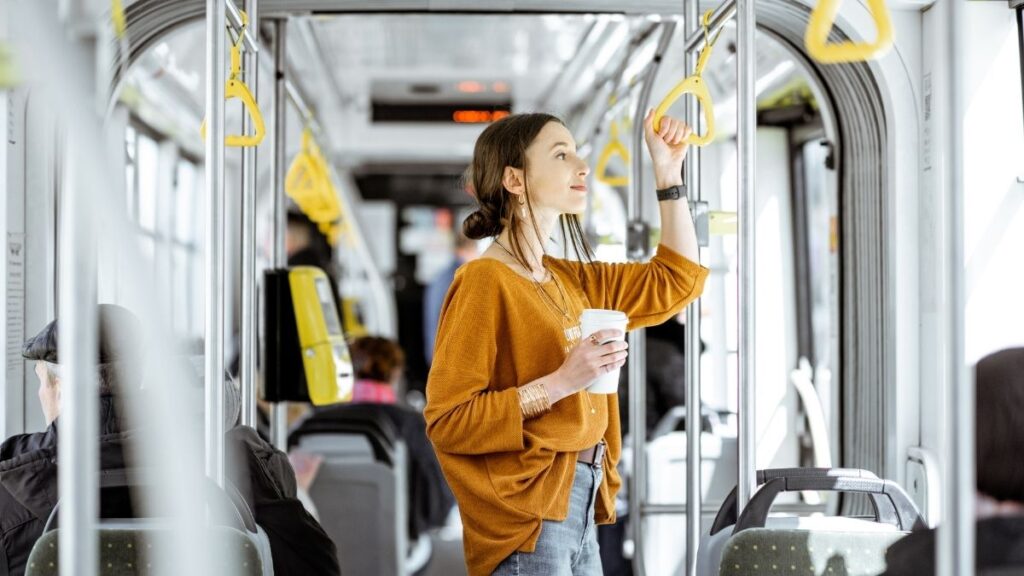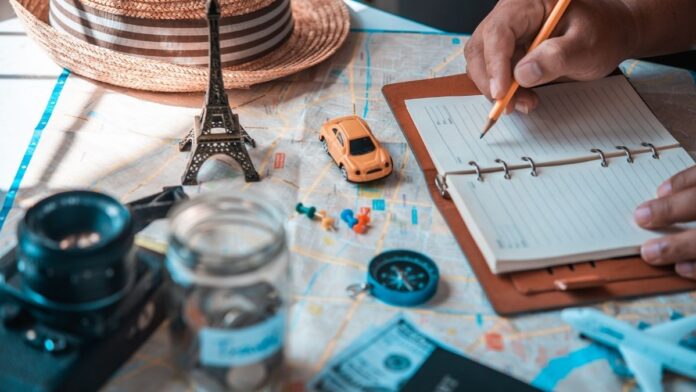After two years of Covid restrictions, everyone is looking forward to that much-needed holiday abroad. However, we didn’t all magically get richer during the pandemic. In fact, there is a higher risk of recession and a lot of people faced difficulty during this period. So, we need to keep this in mind when travel planning or thinking about going all out.
Not only this but with many of us not having travelled for 2 years, we may be a little rusty when it comes to how to effectively book trips and cut expensive costs when travelling on a budget.
With that in mind, Jonathan Merry, CEO of the international money transfer comparison site, MoneyTransfers, has shared 10 common and costly mistakes people should avoid travel planning to lower their costs. By side-stepping these common errors, you can get the most out of your travel budget.
Booking flights too early or too late

With most of us travel planning holidays well in advance, it can be easy to assume that booking flights early will provide cost savings, however, booking your flight too early could actually wind up costing you more, with airlines often reducing their flight prices nearer the departure date. However, wait too long and you might see prices jump back up due to demand in the week prior to the holiday. Research has shown that booking around 3-4 months in advance is a good rule of thumb to avoid paying more than you should.
READ MORE: We explain when is the best time to book a flight
Picking the wrong day to fly on
Friday evenings and weekends are the most expensive days to fly, with most airlines charging more for flights on these days. Remembering this tip and making sure you arrange a flight to leave midweek when you can, could save you huge amounts.
Not taking out or taking out the wrong travel insurance policy
No matter how short your holiday is, taking out travel insurance is essential. Despite seeming like an extra cost up-front, taking travel insurance out may end up saving you huge amounts in the long term. Despite some travel insurance costing as little as a coffee, Brits commonly assume that they won’t need travel insurance for unexpected incidents, risking thousands in some cases if things do go wrong.
These incidents could include illness, injury, valuables being stolen and cancellations. Having travel insurance will help you in claiming compensation in such unfortunate situations. You can visit URL here to learn more about the compensation process. In the USA for example, stitches could cost you anywhere between USD 500-1,500, whilst in Spain, you’ll be looking at €300 for a trip to the emergency room alone.
Not comparing prices of hotels/flights
We all have our favourite airlines, however not shopping around and taking all airlines into consideration when booking flights means you may miss out on some great deals. By shopping around on several different airlines you can save yourself money by opting for low-budget airlines, and non-direct flights, clearing the browser cache and monitoring prices months in advance.
READ MORE: Here are some flight and hotel booking sites that are super helpful
Not using the correct currency
When travelling you should avoid paying in sterling and instead always pay in the country’s local currency to avoid being hit with high exchange rates. It can be tempting if you are none the wiser to pay in sterling pounds rather than the local currency when given the option by a retailer.
However, this is where you will fall victim to uncompetitive exchange rates, which could mean you will pay up to 5% more than the cost. When abroad, always check which currency you are going to be using before paying and insist on paying in the local currency to avoid such charges.

Leaving your exchanging of currency until the last minute
Exchanging your currency at the airport may seem convenient, but you will inevitably end up paying more. If your holiday is last-minute and you have no other choice but to use the airport currency exchange services, the majority of airports allow you to buy your currency online and pick it up once you’ve arrived, this can be done the night before you fly and will have a much better rate than in-person on the day.
It is an easy to forget travel planning mistake, so make sure you keep it mind.
Visiting attractions and travelling at peak times
It might seem more convenient to book a holiday over a weekend, especially if you are trying to save up your annual leave at work. However, it is worth doing some research prior to travelling in order to find out the best times to visit attractions. Often tourist attractions will charge more during peak hours which tend to be weekends.
Some countries offer free entry to museums on specific days as well, for example, Barcelona offers free entry to most museums on the first Sunday of every month. Most museums will also offer off-peak visiting times, so planning your visits early in the morning or later in the evening can also help save you money – not to mention avoid the crowds.
Dine where the locals go
You should eat like a local on holiday, not only for better value but also for a more immersive travel experience. Immerse yourself in the local cuisine and culture by following where locals go for the best choices. Although you may want to sit and admire the tourist attractions whilst dining, restaurants in tourist hotspots will pretty much always have higher prices and poor quality food in comparison to the ones visited frequently by locals.
This also goes for room service and the mini-bar at your hotel too. We’ve all been there, got back to the hotel after a long day exploring and want the ease of ordering food to the room. However, hotel room service and mini-bars are notorious for charging high rates. If you fancy something easy like a snack rather than a meal, head to the local supermarket where the prices will be a lot more affordable.
Use public transport or explore on foot

When travelling on a budget, we can often forget about the cost of getting around the city. The best option for getting around on holiday would be to explore the city on foot, this way you can take in all the sites whilst saving money. Many cities also offer bike rentals with pick-up and drop-off locations dotted around the city. This is a quicker option than walking and still much less expensive than getting a taxi.
If travelling on foot or bike isn’t an option, then always opt for public transport rather than a taxi. The majority of cities have great public transport options such as trains, buses and metros/subways. Although hailing a taxi is quicker and more convenient, you will end up paying a lot more. If you do need to book an airport transfer, make sure you do these well in advance to avoid having to pay the high prices on the day.
Splurging on tourist or travel passes
Before splurging out on tourist or travel passes, always calculate whether they will actually be worthwhile. Try to plan a rough itinerary before travelling so you can see exactly how often you will need to hop on public transport or how much sightseeing you will realistically fit into your holiday, as you may not actually get your money’s worth.
Do you have any travel planning tips?
Do you have any tips that you want to share with our community? Drop us a message or leave a comment and we’ll be sure to include them in our next article.

